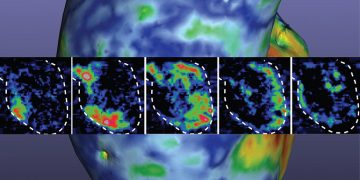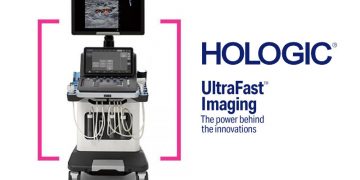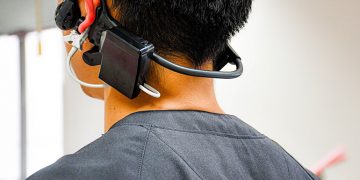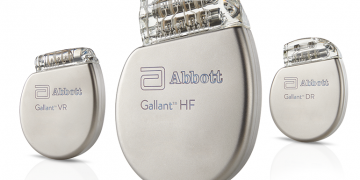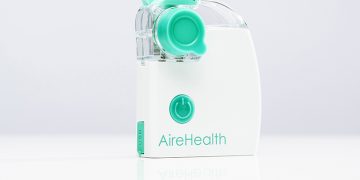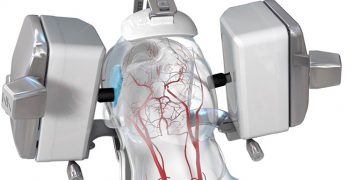The COVID-19 pandemic has brought a slew of new challenges for clinical facilities, including how to deliver as much care as possible at a distance. The Department of Cardiovascular Medicine at Tokyo Medical and Dental University (TMDU) Medical Hospital is working with Kyocera to be able to deliver rehab therapy to patients while closely monitoring their vital signs.

The concern is that many COVID patients end up developing cardiac conditions and these, such as strokes and blood clots, are normally treated by rehab specialists post-surgery during in-person sessions. Because of the necessity for distancing, TMDU Medical Hospital has partnered with Kyocera to develop and now test a wearable device that helps rehab specialists work with their patients via the Internet.
The wearable measures a number of vital signs, including heart rate and blood oxygen saturation (SpO2), and transmits these in real time to a clinician. The clinician, in the meantime, can communicate with the patient directly using speech via bone conducting headphones and a microphone that are part of the new device.
The developers hope that the new technology can help to deliver therapy in the best way possible, given the circumstances, while minimizing the use of personal protective equipment and limiting the risk of disease exposure to everyone involved.
Via: Kyocera and TMDU

